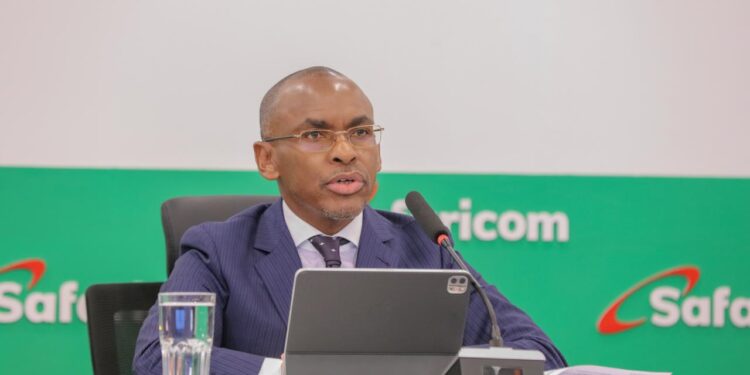The Shwari outage locks 30M Kenyan funds in a digital stranglehold since October 29, as Safaricom’s popular mobile savings and loan app grinds to a halt, freezing withdrawals, deposits, and loan requests for millions who rely on it for everything from morning matatu fares to evening grocery runs in a nation wired to its screens.
The glitch, first flagged in scattered complaints on X and WhatsApp groups Tuesday morning, snowballed into a full-scale fiasco by midday.
Users across Nairobi’s bustling markets, Mombasa’s beachside kiosks, and Kisumu’s lakeside stalls woke to error codes and spinning wheels, their balances visible but untouchable like treasures behind glass.
“I needed 500 bob for my kid’s school fees, but the app just laughed at me,” vented Jane Wanjiku, a 32-year-old vendor from Githurai, her phone screen a mocking freeze frame during a hurried lunch break.
Safaricom, Kenya’s telecom titan with a stranglehold on 70 per cent of the mobile money market, issued a terse update via SMS blasts and social posts late Tuesday.
“We assure all customers that account balances remain secure and intact,” read the message, signed off by CEO Peter Ndegwa.
“Our technical teams are working around the clock to resolve the issue.” No firm timeline dropped, but whispers from insiders point to a backend server overload, possibly triggered by a botched software patch amid peak evening traffic.
The outage’s bite shows in the chaos: hospitals like Kenyatta National turning away patients short on M-Shwari topped-up fees, supermarkets in Westlands scanning cards that spit out rejection slips, and bus depots from Thika Road to Machakos grinding to grumpy halts as fares went cash only.
For the 30 million souls tethered to M-Shwari, launched in 2012 as a partnership with NCBA Bank, this isn’t abstract tech talk.
It’s the artery of Kenya’s cash-lite pulse, pumping billions in monthly transactions that fuel small businesses, bridge pay cheques, and offer microloans at taps.
A single mum in Rongai might borrow 1,000 shillings for rent one week and repay with tips the next, all without queuing at branches.
Now, that loop snaps, exposing the fragility of a digital economy where 80 per cent of adults bank via phones, per Central Bank stats.
The ripple hits hard in informal sectors, where M-Shwari’s 1.5 per cent interest loans outpace formal banks for the uncollateralised.
In Eldoret’s maize markets, traders swapped war stories over roadside nyama choma. Wednesday, one grizzled seller estimated a 20 per cent dip in daily sales without seamless transfers.















